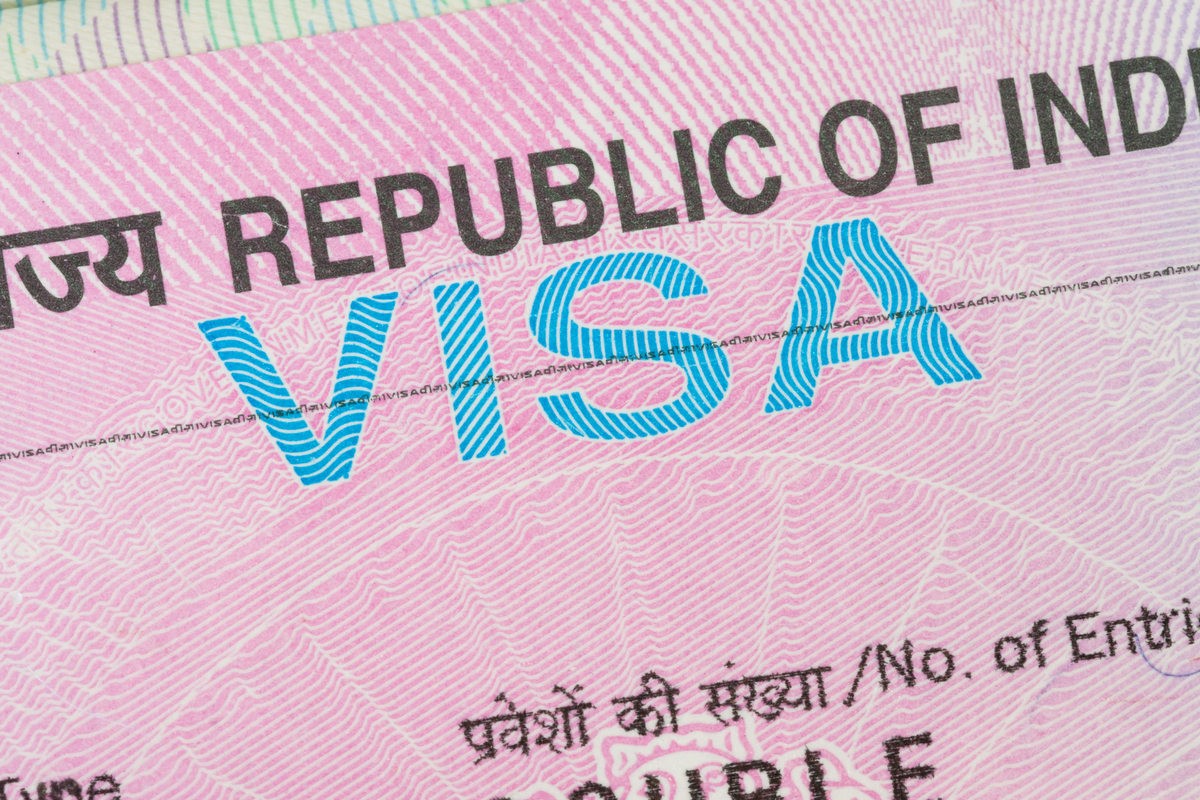India has a reputation as one of the most complicated countries in the world to apply for a visa, but it doesn’t have to be that way! That’s why we’ve put together this article on everything you need to know about applying for an Indian visa, including what paperwork you need and how long your application process will take. You can also learn all about India’s entry and exit requirements, including what documents you must have with you when you travel, and even information on whether or not you’ll need vaccinations before your trip!
A Quick Overview of the Indian Visa Application Process
It’s possible to get a tourist visa on arrival at India’s airports, but it’s generally easier and cheaper (Rs. 2,000 or about $30 USD) to apply for a visa in advance through a travel agent or embassy. Indians are not required to have visas before entering Nepal (valid Indian visa holders can stay indefinitely), Bhutan, and Bangladesh. And even if you aren’t from one of these countries, don’t fret; as long as you have an Indian visa in your passport, Indian immigration officers won’t give you any trouble upon arrival. INDIAN VISA APPLICATION PROCESS
What is a Schengen visa?
If you want to travel around Europe and not worry about borders, a Schengen visa is ideal. A Schengen visa allows travelers to visit multiple countries in Europe (Schengen Area) without having to get a separate visa for each country. While it doesn’t allow you entry into every European country—like Iceland, Switzerland, and Liechtenstein are not part of it—it does give you access to more than 400 million people! And with special provisions, visas can be extended past 90 days. Do I need a Schengen visa?: Whether or not you need a Schengen visa depends on where you’re traveling from and where you’re going.
What Is An eVisa For India?
An eVisa is a type of visa you can apply for if you’re living outside of India. These are easy-to-apply, no-hassle visas, and all you need is your passport and some information about your stay in India. Don’t want to mess around with a paper application? An eVisa might be right for you. Here’s everything you need to know about applying. INDIAN VISA PASSPORT REQUIREMENTS
Types of Indian Visas
There are multiple types of Indian visas, and knowing which one you need is a critical first step in your visa application process. First, make sure you understand what a visa means—it’s basically permission from Indian immigration authorities to enter India. The two basic types of Indian visas are Tourist Visas and Business Visas. However, there are other types of Indian visas as well: Transit Visas (short-term temporary stays), Research/Academic visas (for those studying at institutions in India), Medical Treatment Visas (if you’re traveling to India for medical treatment), Employment visas (for work with a company in India) and more. Make sure you have an accurate understanding of which visa category applies to your situation.
Documents Required To Complete Your Passport Application
As a prospective Indian visa passport applicant, you must prepare a number of documents in order to complete your passport application. Note that all Indian visa passport applications must be submitted in person. This means that you cannot mail or courier them; nor can you scan or email them. If your application is incomplete, it will be rejected outright and you will have wasted valuable time and money. Below is a list of all documents required for Indian visa passport processing
How Do I Get A Police Clearance Certificate (PCC) in India?
Getting a police clearance certificate, or PCC, in India is a necessary step in obtaining any kind of visa. The level of scrutiny and documentation needed depends on your citizenship and on how long you’ll be staying. It’s also worth noting that even if you don’t need a PCC for your visa application, you might have other reasons for wanting one—for example, it can be useful when renting a property in India or applying for certain kinds of jobs. Regardless of your purpose, here’s what you need to know about obtaining a PCC from the Indian police.
